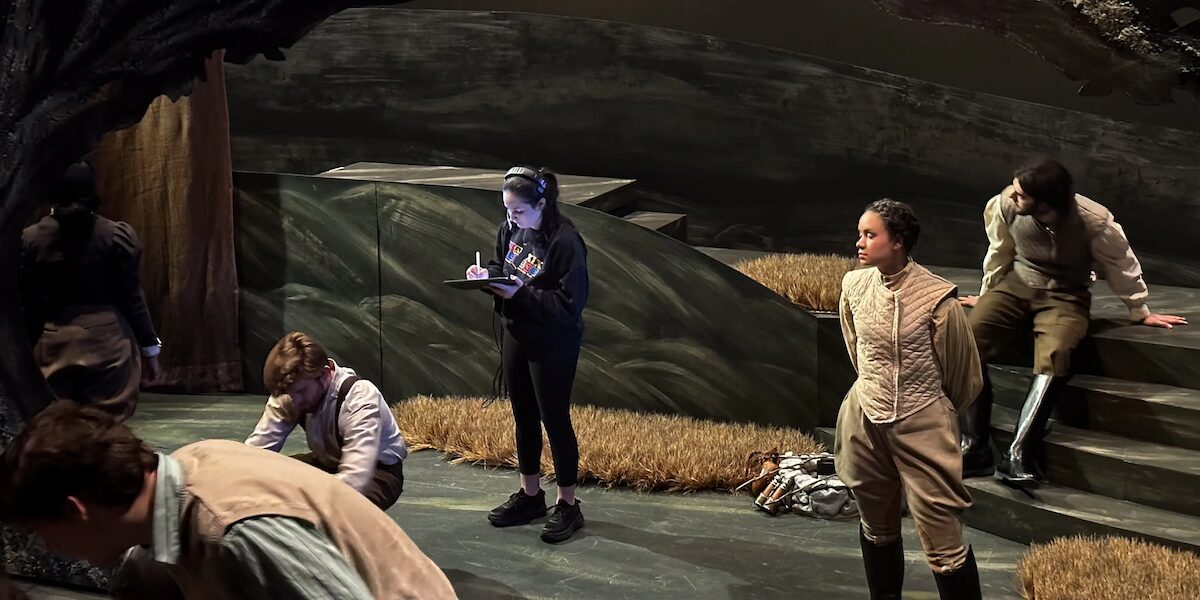By Alexander Johnson
Since its founding, Carnegie Mellon University has served not only as a premier institution of higher learning in engineering and the sciences, but as an environment where community members can collaborate across traditional boundaries.
In 1911, when the plans were first submitted for the building which currently houses the College of Fine Arts, university founder Andrew Carnegie rejected them on the basis of the inclusion of a 420-seat auditorium. His thoughts on the matter were straightforward: “It is not elevating, and a college campus is no place for a theatre.”
Henry Hornbostel, the building’s designer, did not give up on the plan — or the theater. Instead, he rebranded the auditorium and its adjacent spaces as a “Dramatic Laboratory,” resubmitting the plans for Carnegie’s consideration. They were approved soon after, and the groundwork was laid for what is now the nation’s oldest degree-granting drama program.
Much of the mindset that Hornbostel applied while planting the seeds for the college’s construction — ardently pursuing the arts while paying homage to the sciences — is applied by students today. This holds especially true for the BXA Intercollege Degree Programs, which allow undergraduate students to combine an arts curriculum with studies in science, technology, engineering, math (STEM) or the humanities.
“The best work in a discipline happens when you get new questions being asked,” said M. Stephanie Murray, senior associate dean for interdisciplinary initiatives and a teaching professor in BXA. “Interdisciplinary education is a way to make that happen, and to make sure that you have people asking interesting questions from perspectives that hadn’t been thought about before.”
Murray said that many students choose drama as part of their degree knowing that their combination of interests may be one of a kind. However, advisers in the program encourage them to embrace this unfamiliarity precisely because it promotes innovative thinking.
“In drama specifically, there’s such a tradition of both the establishment and of what avant-garde looks like, that the introduction of technology into those spaces brings the kinds of perspectives and creativity that maybe wouldn’t be featured in a more traditional theater program,” she added.
